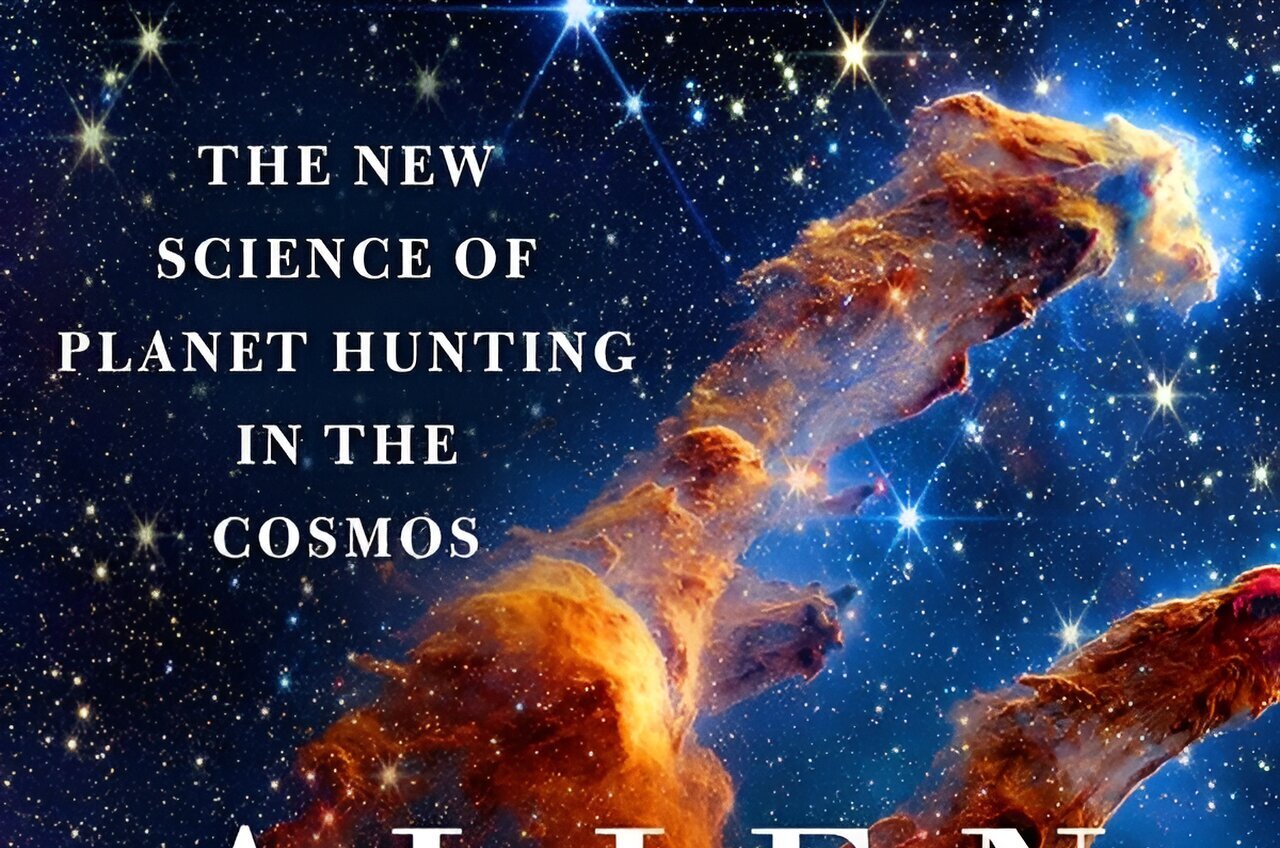Whether life exists beyond Earth remains a compelling question that could soon see resolution. In her forthcoming book “Alien Earths: The New Science of Planet Hunting in the Cosmos,” astronomer Lisa Kaltenegger envisions discovering clues on exoplanets that may manifest in peculiar forms like bioluminescent glows or rainbow hues.
As the director of the Carl Sagan Institute (CSI) and an associate professor of astronomy at the College of Arts and Sciences, Kaltenegger delves into her extensive quest for extraterrestrial life. The book, set for publication on April 16, chronicles not only her personal and professional journey but also the endeavors of fellow trailblazers in unraveling profound inquiries, including the fundamental query of “What Is Life?” and the challenges of defining and identifying it.
In a conversation with the Chronicle, Kaltenegger reflects on her engagement with the exploration of life in the cosmos:
Personal Journey and Scientific Fascination:
Kaltenegger shares her initial skepticism about participating in exoplanet research due to her background in a small Austrian town and the lack of representation of women in the field. However, a pivotal conference early in her career exposed her to the uncharted territories of exoplanet studies, where the absence of definitive answers sparked her realization that she could contribute to unraveling the mysteries of the universe. This transformative experience shifted her perspective, empowering her to actively engage in the quest for extraterrestrial life.
Significance of Multidisciplinary Collaboration:
Kaltenegger emphasizes the necessity of identifying a biosphere that actively shapes its planetary environment. To achieve this ambitious goal, she established the Carl Sagan Institute at Cornell University, fostering collaborations across diverse disciplines to synthesize innovative approaches to detecting life beyond Earth. By integrating insights from various scientific domains, such as microbiology and civil engineering, Kaltenegger’s research team explores novel methodologies for identifying potential biosignatures on exoplanets, considering factors like environmental conditions and biological diversity.
Interconnectedness of Planetary Studies:
Drawing parallels between Earth’s evolution and the exploration of alien worlds, Kaltenegger underscores the reciprocal relationship between understanding our planet and deciphering the complexities of extraterrestrial environments. By studying a spectrum of planetary compositions—from scorching lava worlds to Earth-like counterparts—researchers can glean valuable insights into the mechanisms governing planetary processes and the potential trajectories of planetary evolution. This comparative analysis not only enriches our comprehension of terrestrial dynamics but also offers glimpses into the evolutionary trajectories of other celestial bodies.
Through her comprehensive exploration of cosmic frontiers and terrestrial realms, Kaltenegger illuminates the interconnectedness of planetary studies and underscores the imperative of collaborative endeavors in advancing our understanding of life in the universe.
Citation:
New book gives insider’s view of cosmic search for life (2024, April 16)
retrieved 16 April 2024 from https://phys.org/news/2024-04-insider-view-cosmic-life.html
